

This investment not only reduces immediate electricity costs but also contributes to the long-term sustainability goals of Ireland, marking a positive step towards a greener future.
Solar panels significantly reduce greenhouse gas emissions by decreasing the reliance on fossil fuels for electricity generation. These incentives aim to lower the barriers to solar adoption, making it a more attractive investment for homeowners and businesses alike. Effective installation and correct positioning of solar panels can maximize energy capture, even during less sunny periods, ensuring a steady supply of electricity. The incorporation of advanced solar inverters facilitates the conversion of solar-generated direct current into the alternating current that powers most home appliances; this technology also enables real-time energy tracking through smart meters.
Several companies have begun incorporating into each PV module various embedded power electronics such as:
Maximum power point tracking (MPPT) power optimizers, a DC-to-DC converter technology developed to maximize the power harvest from solar photovoltaic systems by compensating for shading effects, wherein a shadow falling on a section of a module causes the electrical output of one or more strings of cells in the module to fall to near zero, but not having the output of the entire module fall to zero.[15]
Solar performance monitors for data and fault detection
Monocrystalline vs. Polycrystalline solar panels: Which is better?

Posted by Mr Solar Panels Ireland on 2024-12-26
Earn money by exporting excess solar power.
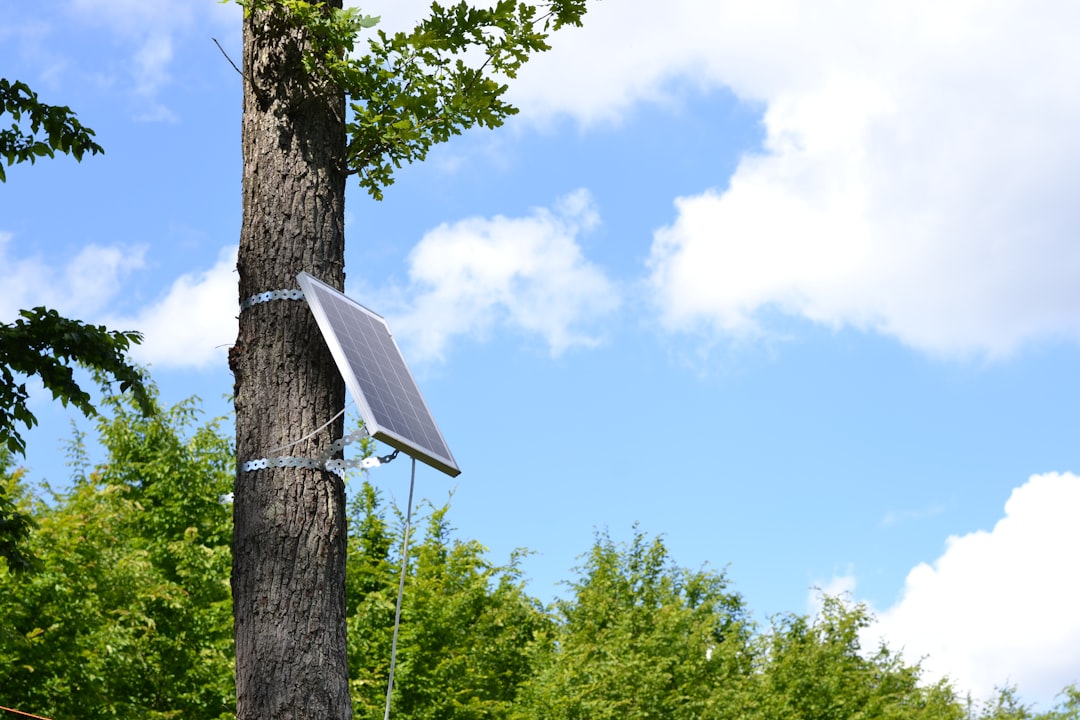
Posted by Mr Solar Panels Ireland on 2024-12-02
Zero VAT makes solar panels more affordable.

Posted by Mr Solar Panels Ireland on 2024-11-23
How to keep your solar panels in top shape.

Posted by Mr Solar Panels Ireland on 2024-11-01
How long do solar panels really last?
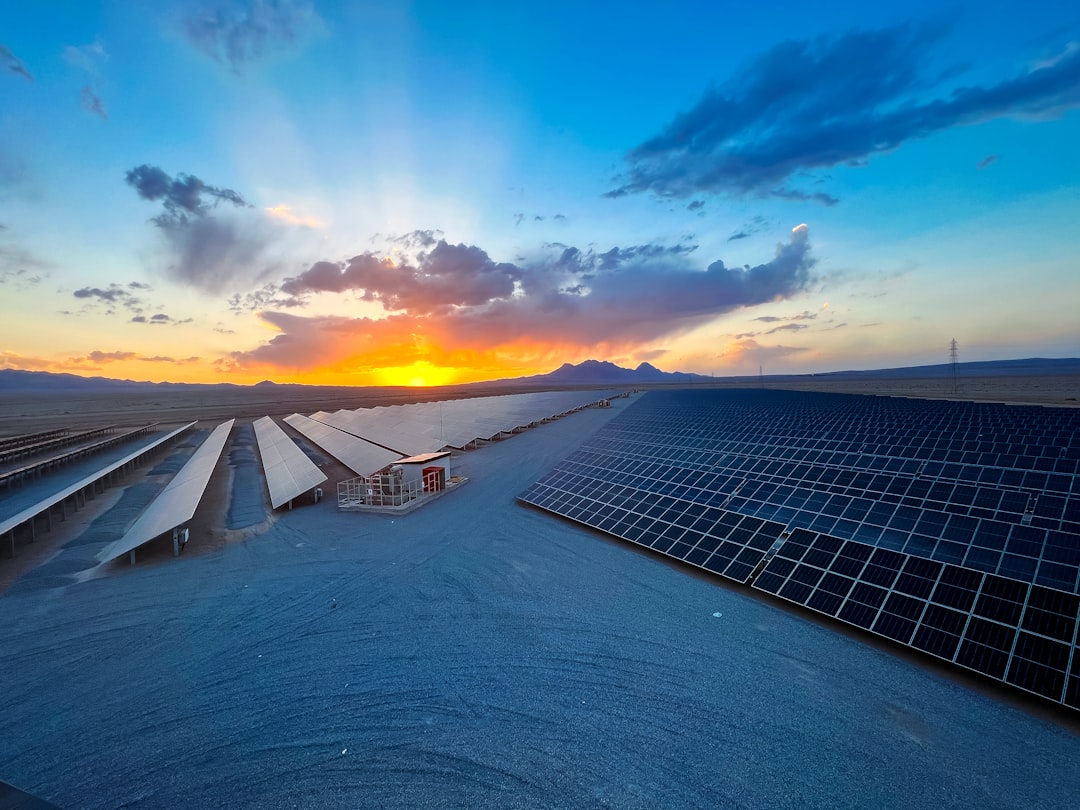
Posted by Mr Solar Panels Ireland on 2024-06-20
Polycrystalline silicon panels, while slightly less efficient, provide a more economical alternative, making them suitable for those with larger available roof areas or a more restricted budget. Moreover, the integration of solar panels with other renewable energy systems like solar thermal collectors for water heating can provide additional utility and savings.
These factors are crucial as they determine the system's efficiency, capacity, and alignment with the user's energy consumption patterns.
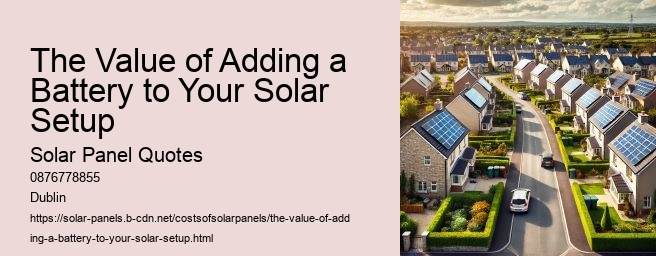
These systems not only help in reducing the cost of heating water but also decrease the overall energy consumption of the household. Solar thermal systems, which use solar energy to heat water, can be integrated with photovoltaic systems to further enhance energy savings.
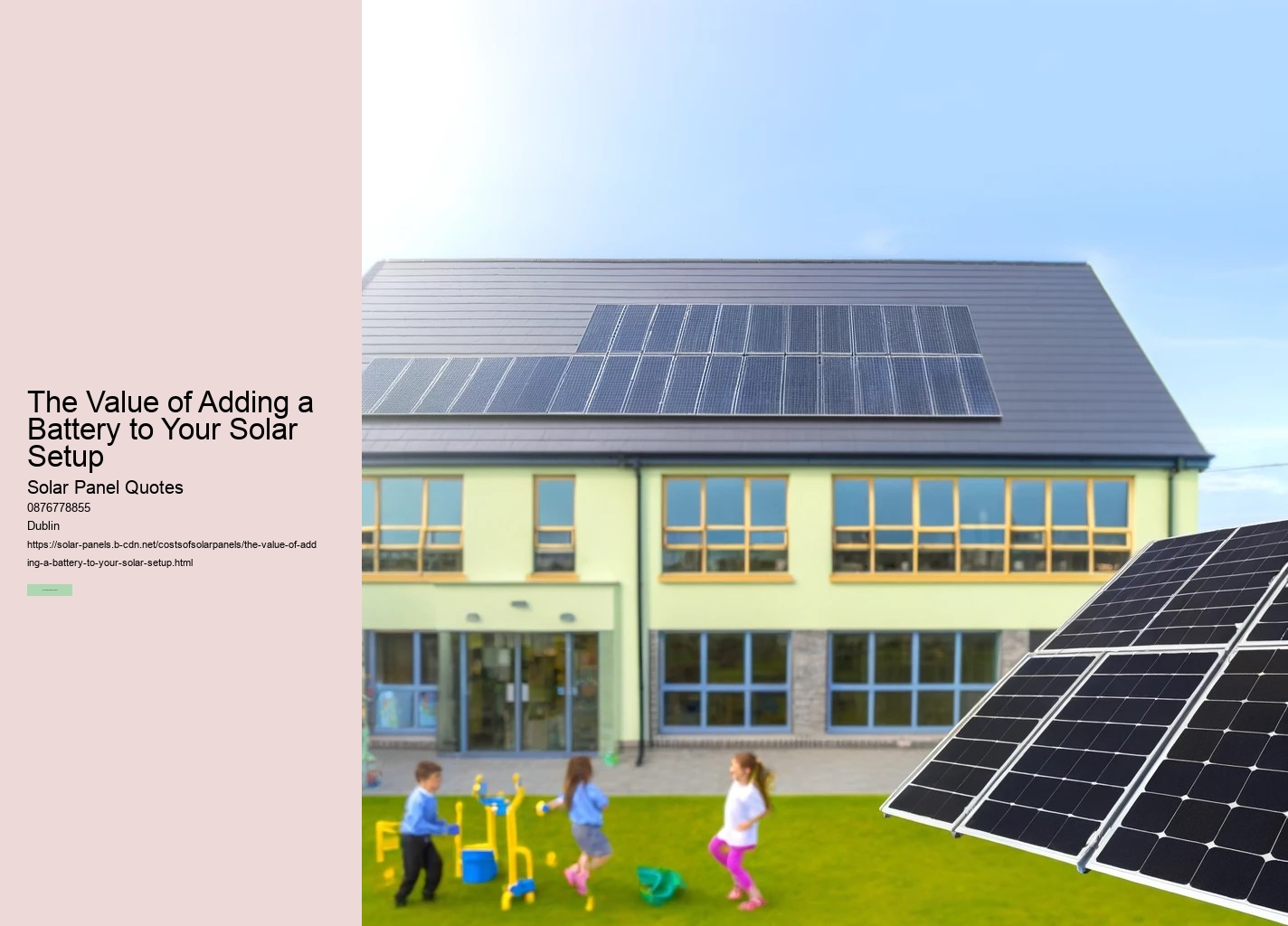
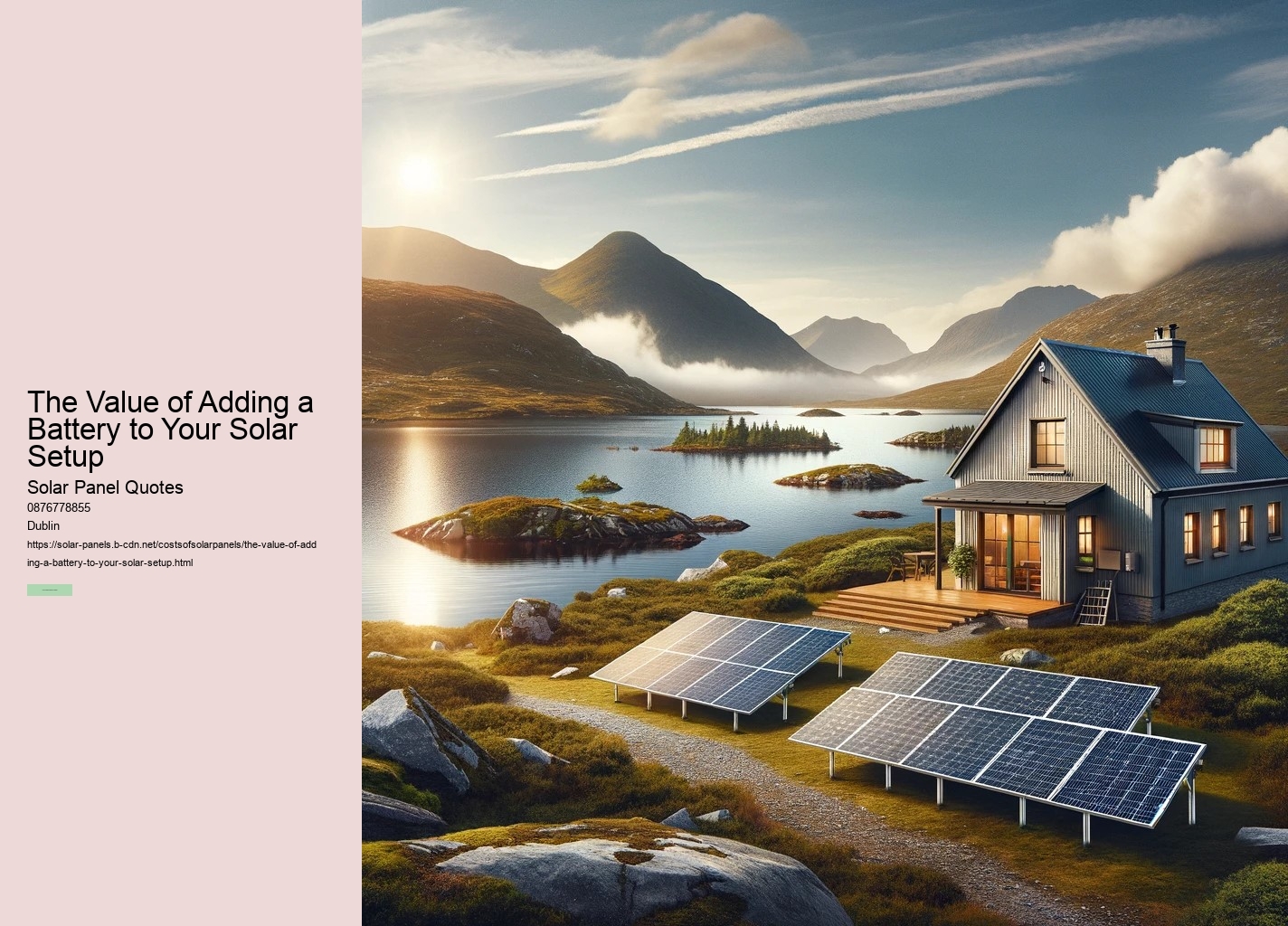
The typical cost range for installing solar panels in Ireland spans from €6,000 to €18,000, influenced by various parameters such as the number of panels, the type of technology employed (monocrystalline or polycrystalline silicon), and additional system components like batteries and inverters. The addition of battery storage to a solar panel system enhances its value by allowing households to store surplus electricity generated during peak sunlight hours.
The longevity of solar panels means they can continue to provide savings on electricity costs long after they have paid for themselves.
Modern solar inverters, integral to converting the DC output of solar panels into AC power usable in homes, further increase the system's efficiency and allow for detailed monitoring of energy production and consumption through smart meters.
Choosing the right solar provider is crucial.
Solar panels not only help to significantly reduce electricity bills-often paying for themselves within five to seven years-but also contribute to environmental protection by reducing greenhouse gas emissions and reliance on fossil fuels.
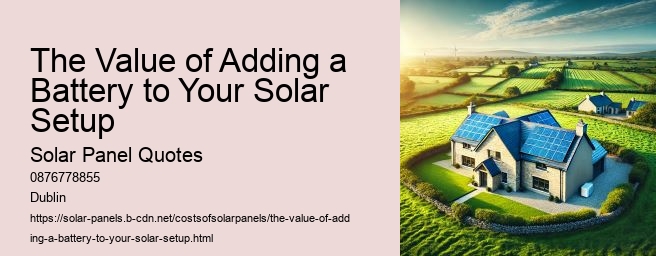
Advanced solar inverters are crucial for these setups, converting the DC electricity generated by the panels into usable AC power, while also allowing homeowners to monitor and manage their energy usage effectively through smart meters. photovoltaic system

Monocrystalline solar panels offer high efficiency and longevity, making them ideal for maximizing output in areas with limited space.
Monocrystalline solar panels offer high efficiency and longevity, making them ideal for maximizing output in areas with limited space.
Solar panels require minimal maintenance, primarily involving regular cleaning and periodic checks to ensure they are functioning optimally.
Yes, there are several financing options available in Ireland for solar panel systems, including loans, leases, and Power Purchase Agreements (PPAs).
Monocrystalline panels are made from a single crystal structure and are more efficient, while polycrystalline panels are made from multiple crystal fragments and are more cost-effective.